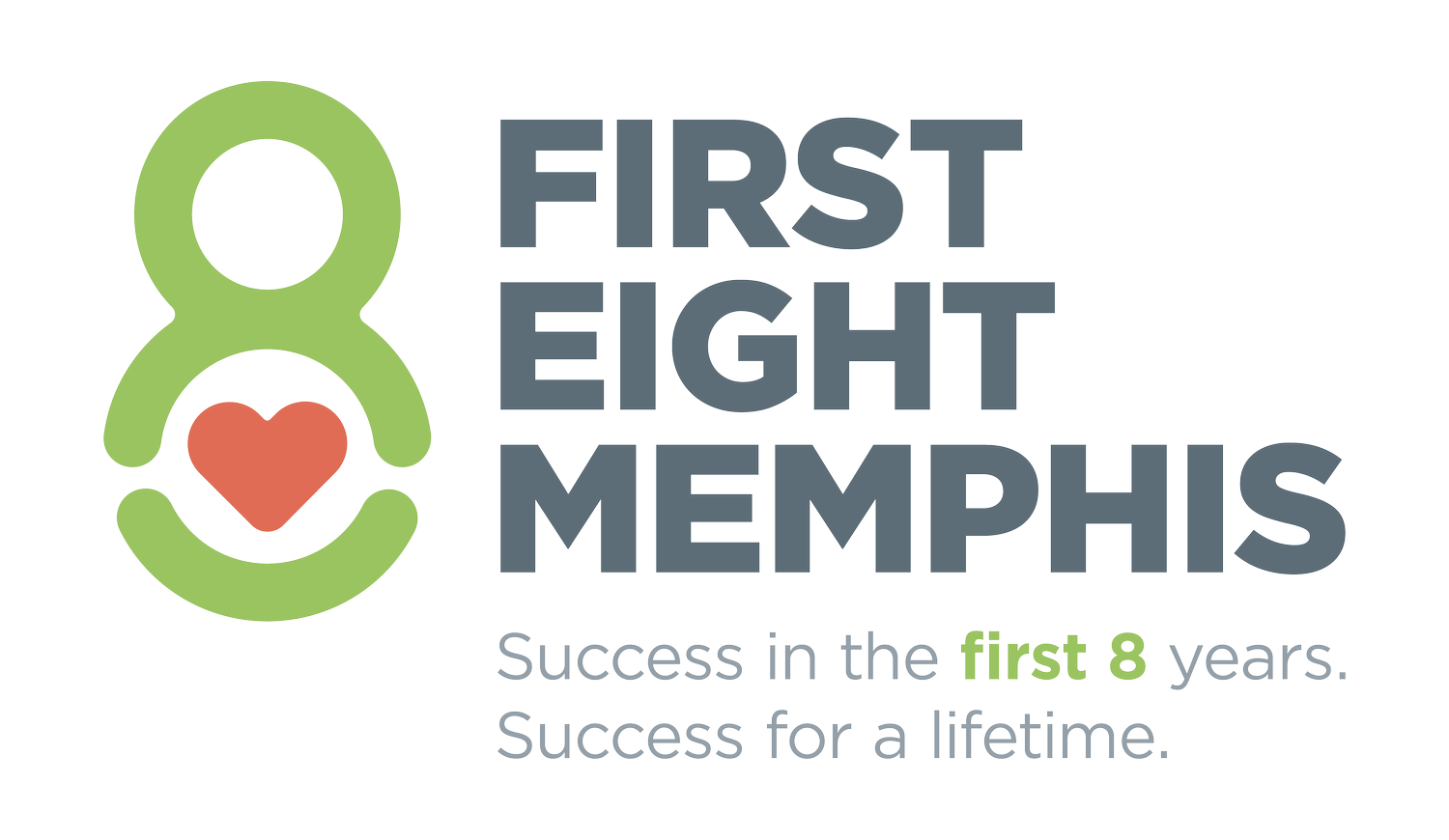How to Talk with Children About War - Statement from First 8 Memphis
As an organization that supports the education and well-being of young children and their families, First 8 Memphis works to provide comprehensive resources that address all aspects of life. We understand the ongoing wars in the Middle East and Ukraine are having a profound emotional impact on people worldwide, including families here in Memphis and Shelby County.
Children may overhear conversations, see images in the news, or even have personal connections to those affected, making it difficult for parents, teachers, and caregivers to discuss such distressing events and provide comfort to those who are fearful or confused.
Parents/guardians can start with the 3Rs when approaching the topic of war.
1. Reassurance
As your child’s safe harbor, it’s important that you reassure their safety both physically and emotionally. For example, parents can say “I love you” more often, offer extra hugs, leave kind notes, or reassure them that you are doing your best to keep them safe at school or out in the public.
2. Routine
Sticking to your family’s routine and structure can help children have a sense of security. Although there may be chaos happening in the world, if a child’s day and night-time routine remains the same it makes it easier for them to cope with any anxiety, fear, or uncertainty.
3. Regulate
It is normal to feel anxious, nervous, or fearful during a war. The same emotions adults may feel, children may feel also. As the parent/guardian, there are several ways to navigate your child’s emotions.
You can: validate their feelings, try to remain calm during tantrums, hold them more, keep them closer than you may normally, have reflective conversations, offer a new perspective, or give examples of ways to manage feelings.
To assist with talking with children about war, we have compiled several resources with helpful tips for supporting young people during these uncertain times.
Resources:
National Child Traumatic Stress Network, this resource discusses:
Starting the conversation
Clearing up any misunderstandings
Providing context
Monitoring adult conversations
UNICEF, this resource discusses:
Finding out what a child knows and how they feel
Keeping the conversation calm and age-appropriate
Spreading compassion, not stigma
Focusing on the helpers
Closing the conversations with care
Continuing to check in
Limiting the flood of news
Taking care of yourself
ZERO TO THREE, this resource discusses:
Paying attention to your facial expression and body language
Noticing your tone
Keeping routines consistent
Shielding your child from frightening conversations or images
In partnership with you,
First 8 Memphis



